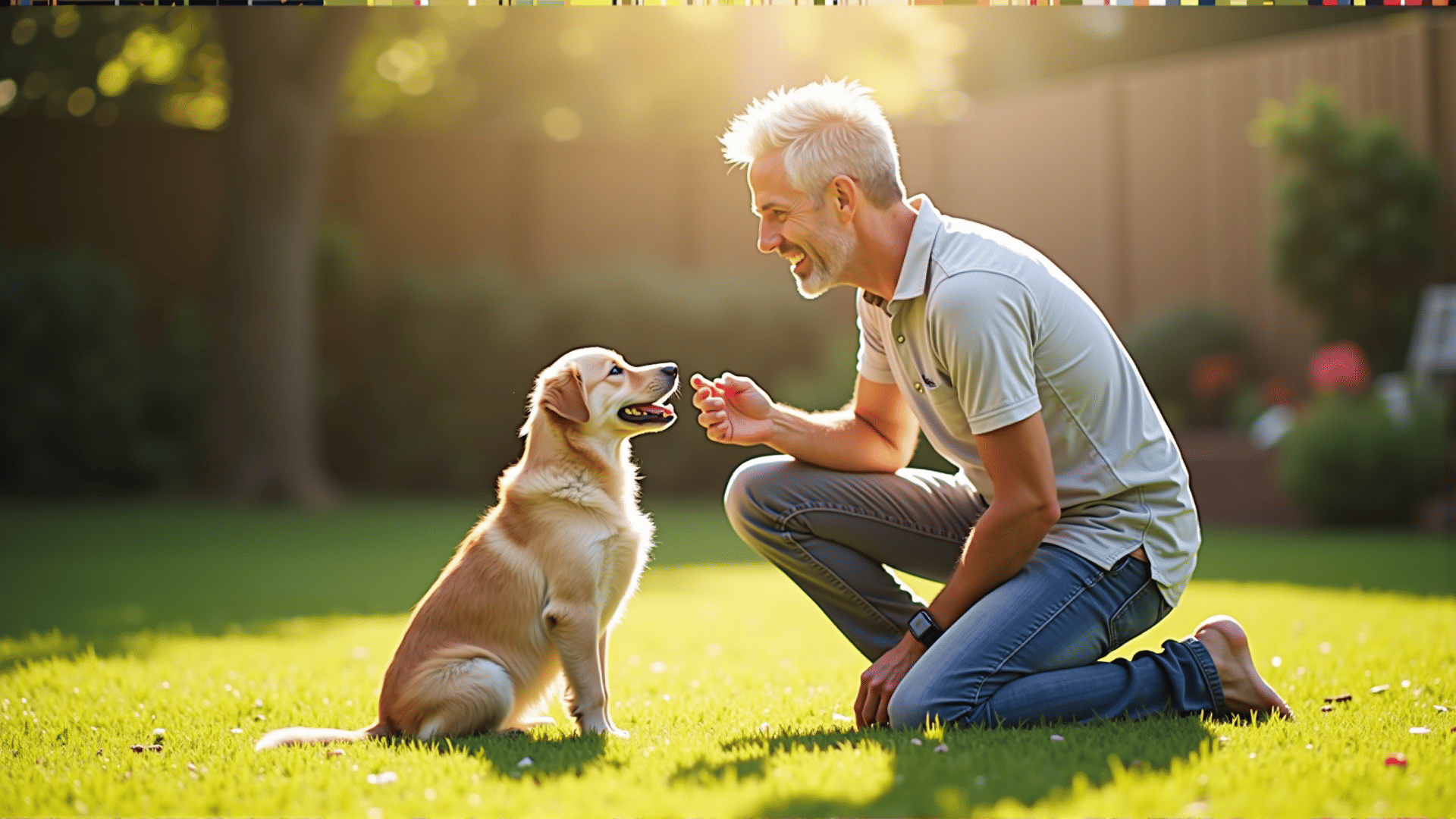Creating a nurturing environment for pets is essential in encouraging positive behavior, resulting in a stronger bond between animals and their human companions. By understanding animal psychology and employing effective training techniques, you can foster a well-adjusted pet that thrives in their family setting.
One of the key pillars in training is the reinforcement of desirable behavior. Positive reinforcement involves rewarding pets when they display favorable behaviors. This technique encourages them to repeat these actions, as they associate them with positive outcomes, such as affection, treats, or playtime. It's crucial to consistently apply this method to reinforce the connection between action and reward.
Understanding your pet's body language can significantly enhance the training process. Animals communicate through various cues, and recognizing signs of stress, excitement, or relaxation can help owners tailor their approach. A relaxed and calm demeanor is generally the best state in which to train, as it enables pets to focus and absorb new commands or behaviors more effectively.
Training sessions should be kept short yet frequent, preventing pets from losing interest or becoming overwhelmed. A few minutes several times a day can be more effective than an extended session. Diversify the activities to maintain engagement and stimulate your pet's mind. Whether it's exploring new environments or introducing interactive toys, these activities can all contribute to positive behavioral development.
Consistency is vital when teaching pets new behaviors. Consistent commands, rewards, and even the tone of voice help pets understand expectations. Family members and regular caretakers should be on the same page, ensuring the pet receives a uniform message from all involved parties.
Building a trusting relationship with your pet forms the foundation for effective training. Avoid negative reinforcement, such as punishment or harsh reprimands, as these can lead to fear and anxiety, which undermine the trust essential for a strong bond. Instead, focus on understanding and patience, guiding your pet gently towards the desired behavior.
Socialization is another important aspect of nurturing good behavior. Expose your pet to a variety of situations, people, and other animals in a controlled manner. This exposure helps them become adaptable and less likely to exhibit fear or aggression in new circumstances. Early socialization, particularly for young animals, sets the stage for a lifetime of positive interactions.
In conclusion, nurturing positive behavior in pets involves a balanced combination of understanding, patience, and consistency. By focusing on positive reinforcement, recognizing body language, and ensuring trust and socialization, you can create a harmonious relationship with your pet, enriching both your lives for years to come.
